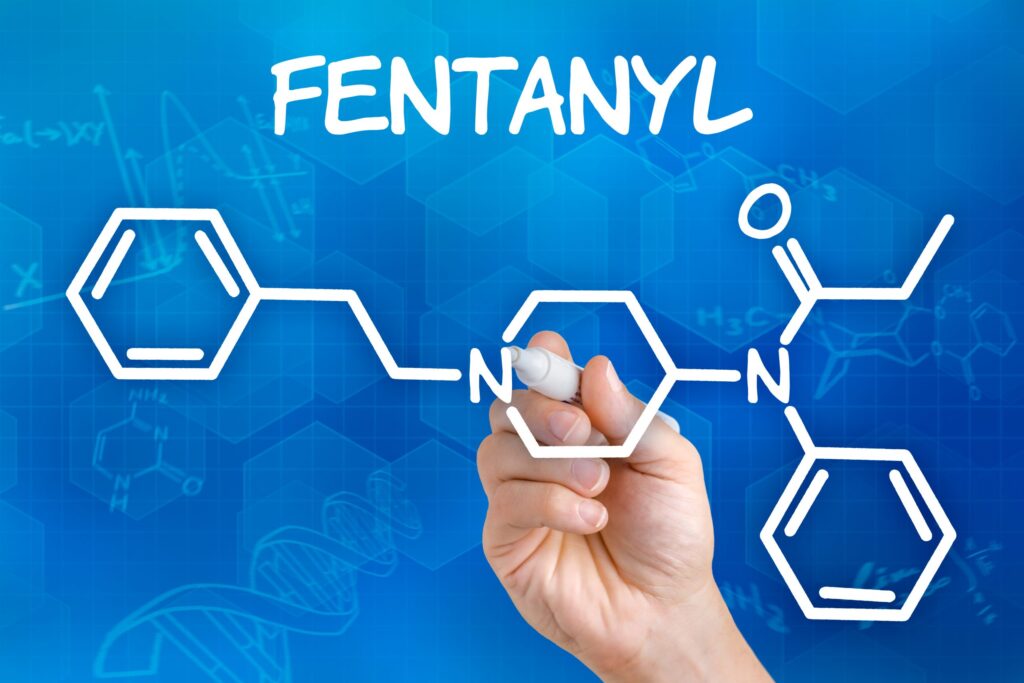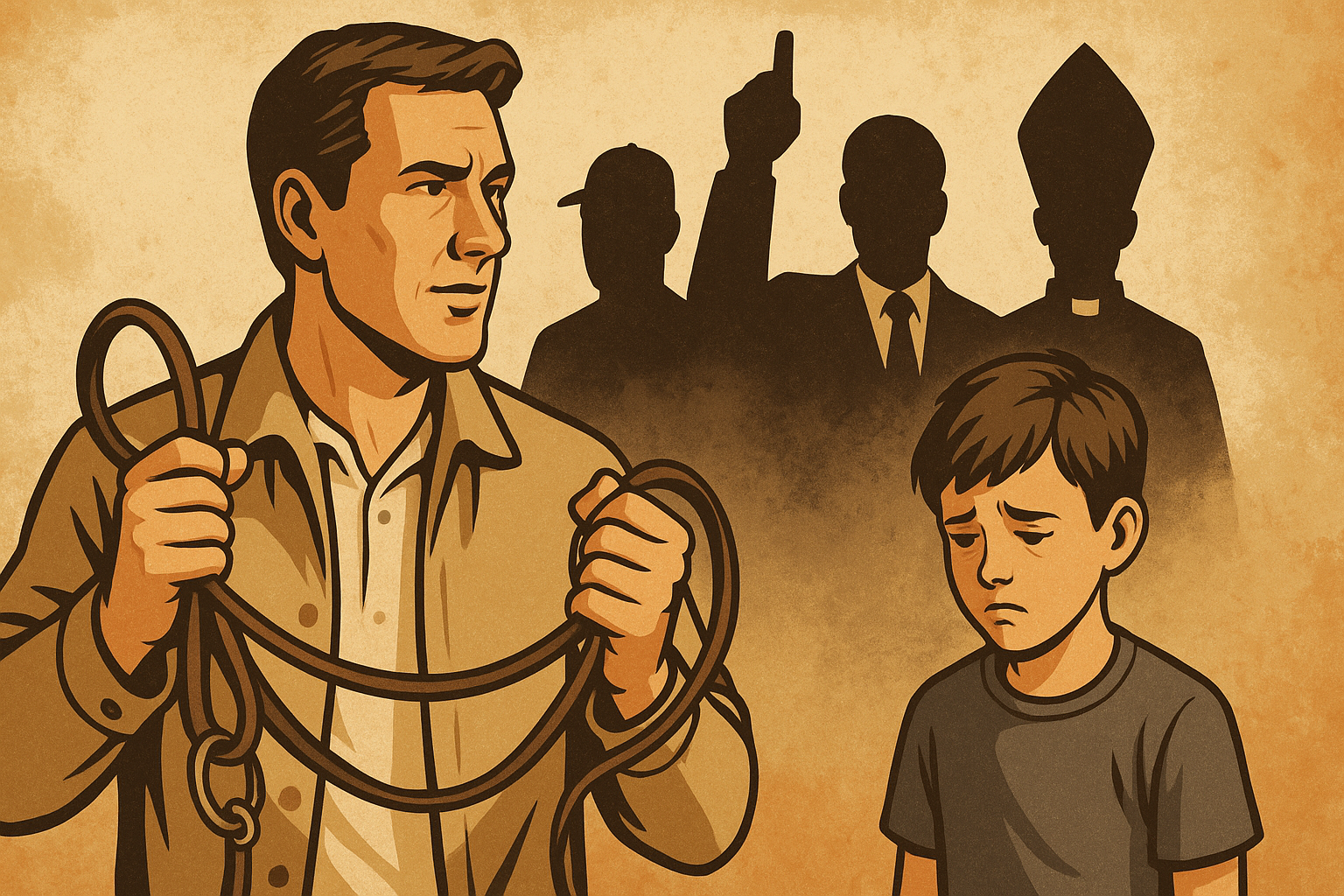Fentanyl comes from the same family of drug that contain heroine, but—if you can imagine—it’s actually much worse. It’s about 100 times more potent than morphine. Until recently, few people had heard of how dangerous it is. But now the media has begun to pay attention to the rising death toll from its use. After all, it’s the painkiller responsible for killing the much beloved rock star, Prince.
For recreational users, even just a couple of milligrams of this opioid can be fatal. There are many illegal versions of it circulating in the streets, mixed with various substances that interact in dangerous ways. Called non-pharmaceutical fentanyl (NPF), this drug is produced in makeshift labs and is often cut with cocaine or heroin. Sometimes an addict understands the high risks involved with Fentanyl and buys what they think is heroine, instead. However, what they might have been getting is mixed with fentanyl. Even the tiniest amount can result in death. Recently, law enforcement and medical professionals begun finding traces of Fentanyl in pills.
Even with prescription use, fentanyl can cause seizures, respiratory failure, coma, and death. One of the major reasons that Fentanyl deaths are rising is because of how quickly users die from it, well before most emergency medical personnel can administer successful treatment, often an injection of naloxone. The effect that Fentanyl has on the muscles of the abdomen and chest often makes it difficult for first responders to administer CPR.
Why is Fentanyl so Dangerous?
 Fentanyl kills users quickly because it works faster than other opioids. This is one of the reasons addicts seek it out. While something like morphine has to circulate in the blood for a while before it reaches the brain, other opioids work faster. Fentanyl bonds more quickly to the brain’s receptors than heroine, for instance, and gives the user almost an instant high. It is so potent, that medical professional measure it in micrograms. Fentanyl is an alternative for patients with an established high tolerance of other opioids. These patients need something stronger to deal with their pain such as cancer patients. Because of this initial application, drug makers did not consider how addictive Fentanyl would be or how easily it could kill someone using it without a prescription.
Fentanyl kills users quickly because it works faster than other opioids. This is one of the reasons addicts seek it out. While something like morphine has to circulate in the blood for a while before it reaches the brain, other opioids work faster. Fentanyl bonds more quickly to the brain’s receptors than heroine, for instance, and gives the user almost an instant high. It is so potent, that medical professional measure it in micrograms. Fentanyl is an alternative for patients with an established high tolerance of other opioids. These patients need something stronger to deal with their pain such as cancer patients. Because of this initial application, drug makers did not consider how addictive Fentanyl would be or how easily it could kill someone using it without a prescription.
The death toll from Fentanyl will probably rise before people begin to understand just how deadly it is. While any addict should seek help for his or her narcotics use, someone who is addicted to Fentanyl or other opioids needs special care. First, before they can enter a recovery program, these addicts must go through a special detox program that tapers them down off the drug under medical supervision.



